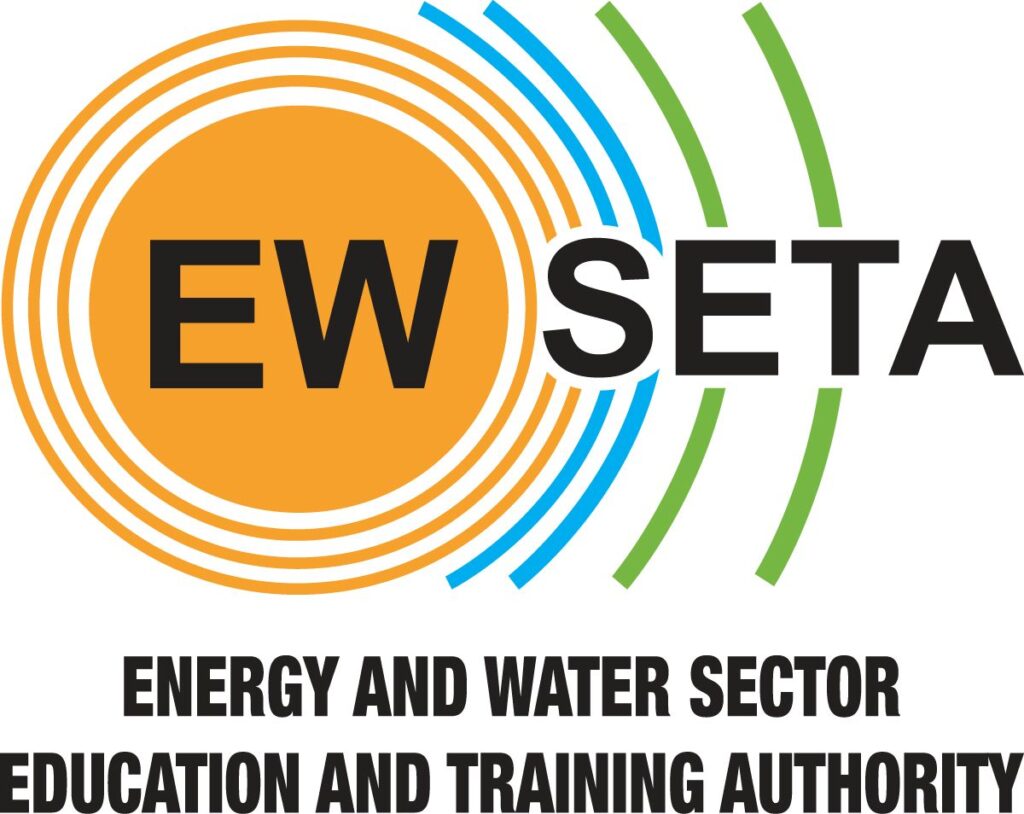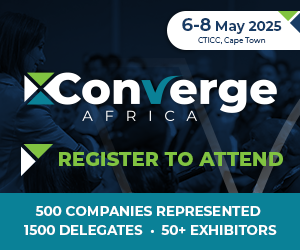South Africa’s water sector is facing big challenges, and we can’t afford to ignore them. Climate change, ageing infrastructure, and growing demand are putting enormous pressure on our water resources. But here’s the thing, fixing the problem isn’t just about upgrading infrastructure, it’s about having the right people with the right skills to manage, maintain, and innovate in the sector.
That’s where the Energy and Water Sector Education and Training Authority (EWSETA) comes in. We’re focused on making sure South Africa has a skilled workforce to tackle these issues in a sustainable manner. Through training programmes, industry partnerships, and regulatory alignment, we’re working to close the skills gap and build a future where water security is a given, not a luxury.
Why skills matter in the Water Sector
South Africa doesn’t have an endless supply of water, and the National Water and Sanitation Master Plan warns that by 2030, we could be looking at a 17% water shortfall if we don’t take immediate action. But this isn’t just about the water itself—it’s about the people managing it. Without skilled professionals to oversee water conservation, distribution, and technology, we will continue to see unnecessary waste and inefficiencies that put our country at risk.
Right now, the country loses over R7-billion in water every year due to leaks and infrastructure failures. More than 30% of municipalities are struggling because they don’t have enough trained water professionals, and nearly 60% of South Africa’s water is used in agriculture, often inefficiently. Overall, 87% of the blue drop tests (182 out of 210 tests) in 2024 point to municipal drinking water that is safe for human consumption.
Technology is offering new ways to tackle these problems, from AI-driven leak detection to smart water management systems, but none of these solutions work without people who understand how to implement them. The water sector doesn’t just need more professionals, it needs highly trained specialists equipped with modern, technology-driven skills to secure a sustainable future.
Regulation 3630: A roadmap for Water Security
To address these challenges, the government’s Regulation 3630 lays out four key principles for sustainable water management, and EWSETA is aligning its skills programmes to match these priorities. Training professionals to conserve and distribute water resources efficiently is critical to preventing further loss and ensuring long-term access and ensuring that these professionals maintain their standard through annual professional development is key.
Technology and innovation are already transforming the sector, but without the right expertise, South Africa risks falling behind in adopting AI-driven solutions for leak detection and digital water monitoring. Finally, strong collaboration between government, industry, and education institutions is essential to continuously develop and build capacity within the current workforce and to develop a pipeline of future water professionals.
What this means for Business
For industries connected to water and infrastructure, addressing the skills gap isn’t just a nice idea, it’s essential. With better-trained professionals, companies can significantly reduce operational costs and cut water losses by up to 20%, saving billions. As global industries adopt AI-driven water management, South African firms need to stay competitive by ensuring their workforce is prepared for these advancements. Sustainability is also an increasing priority for businesses, and those focused on Environment, Social and Governance (ESG) commitments need teams that understand responsible water management and conservation.
Companies can take action by working with EWSETA to develop tailored training programmes, offering internships to students, and collaborating with researchers on new water-saving technologies. These initiatives don’t just benefit businesses; they ensure that South Africa remains at the forefront of water sustainability.
The role of universities and TVET colleges
If we want to build a strong pipeline of skilled water professionals, academia must play a bigger role. Right now, there’s limited focus on digital water management in curricula, and many students don’t have access to structured apprenticeships that provide real-world experience. Research funding for localised water solutions is also lacking, which prevents innovative ideas from reaching implementation.
EWSETA is tackling these issues through initiatives like the PoVE Water Management Project with Stellenbosch University, which updates curricula to reflect real-world industry needs. Additionally, Municipal Water Training Programmes are equipping TVET graduates with practical skills, and bursary and apprenticeship programmes are opening doors for young professionals especially women interested in careers in water science, engineering, and sanitation.
Universities and colleges can strengthen this effort by working with EWSETA to develop new water-focused qualifications, offering apprenticeships and placements to students, and collaborating with government and industry on research projects that push innovation in water management.
Government and municipalities: Building capacity for better service delivery
Municipalities are at the frontline of water service delivery, yet many lack the expertise or capacity needed to keep systems running efficiently. Without major investment in skills development, South Africa risks falling into a deeper water crisis. EWSETA is ensuring that its training programmes align with key government policies such as the National Water and Sanitation Master Plan (NW&SMP), which calls for 15,000 more skilled water professionals by 2030. Similarly, the National Development Plan (NDP 2030) prioritizes infrastructure development, while the Green Economy Strategy emphasizes building expertise in sustainable water solutions.
Government can support these efforts by expanding municipal training programmes in partnership with EWSETA, introducing policy incentives to encourage private sector investment in water skills, and funding research projects that improve service delivery. These measures will ensure that South Africa has the workforce needed to maintain and develop critical water infrastructure.
A call to action: Let’s build a water-secure future together
 Water security isn’t just a government issue, it’s everyone’s responsibility. The choices we make today about training and education will determine South Africa’s water future. Industry leaders must invest in skills development and innovation, universities and TVET colleges should collaborate with EWSETA to create cutting-edge training programmes, and government must prioritise workforce training to improve service delivery.
Water security isn’t just a government issue, it’s everyone’s responsibility. The choices we make today about training and education will determine South Africa’s water future. Industry leaders must invest in skills development and innovation, universities and TVET colleges should collaborate with EWSETA to create cutting-edge training programmes, and government must prioritise workforce training to improve service delivery.
National Water Month is more than just awareness, it’s about action. The time to invest in skills is now.
You can help secure South Africa’s water future!
Visit EWSETA online at https://ewseta.org.za/
Featured image by F. Muhammad from Pixabay – https://pixabay.com/photos/water-pipe-plumbing-pipeline-2852047/









